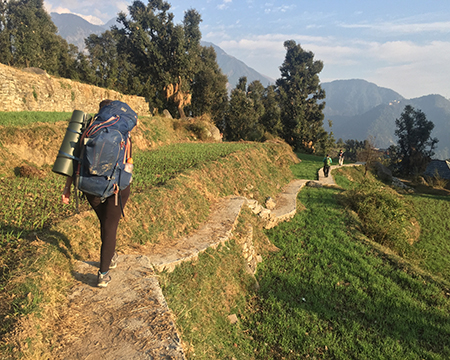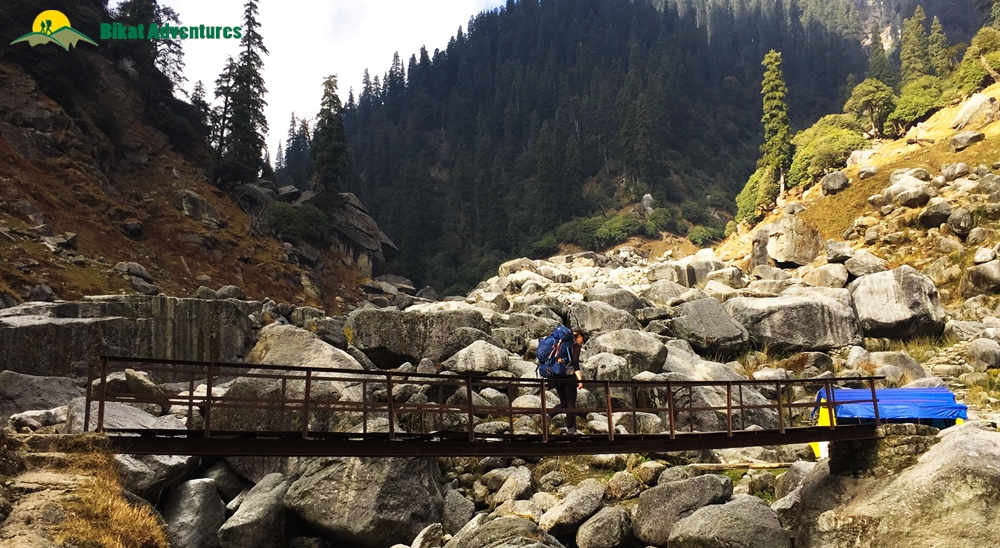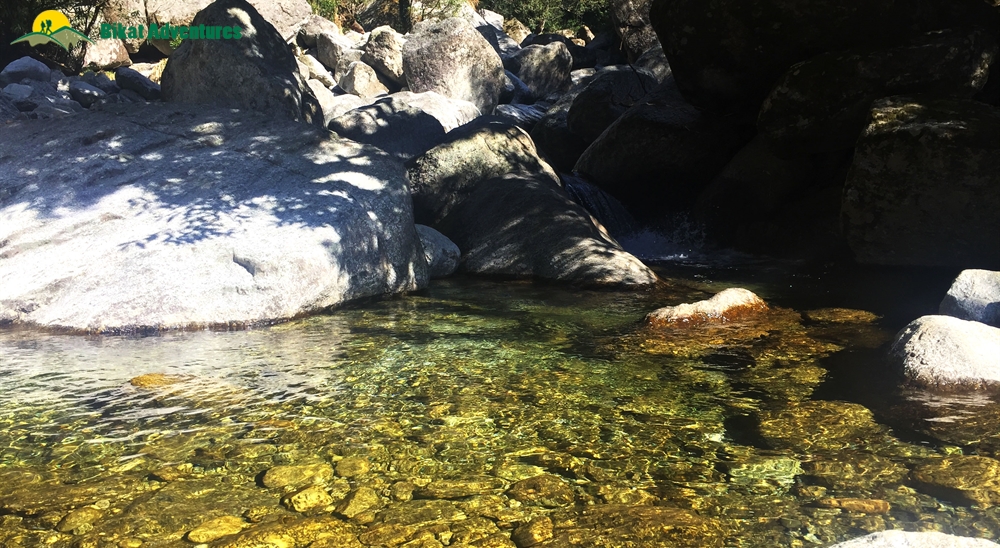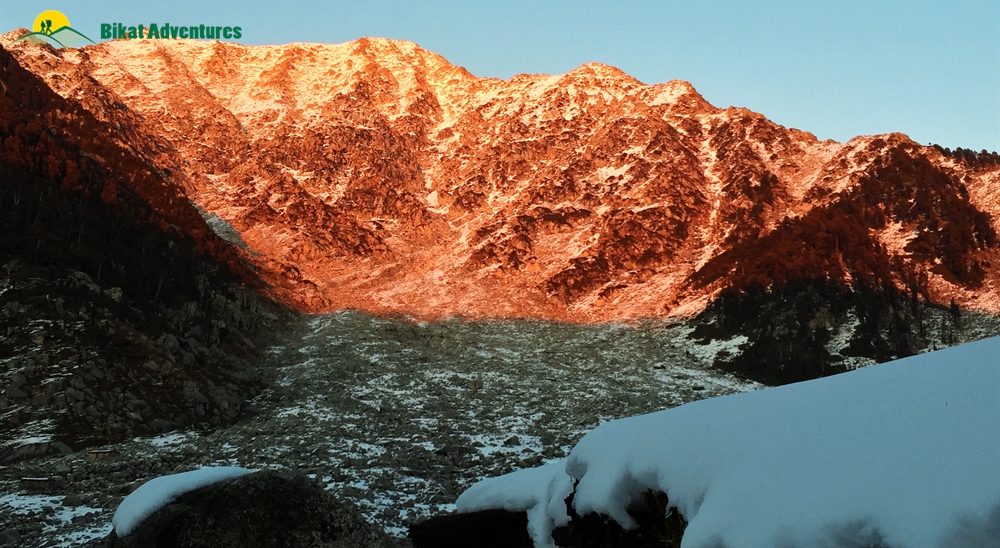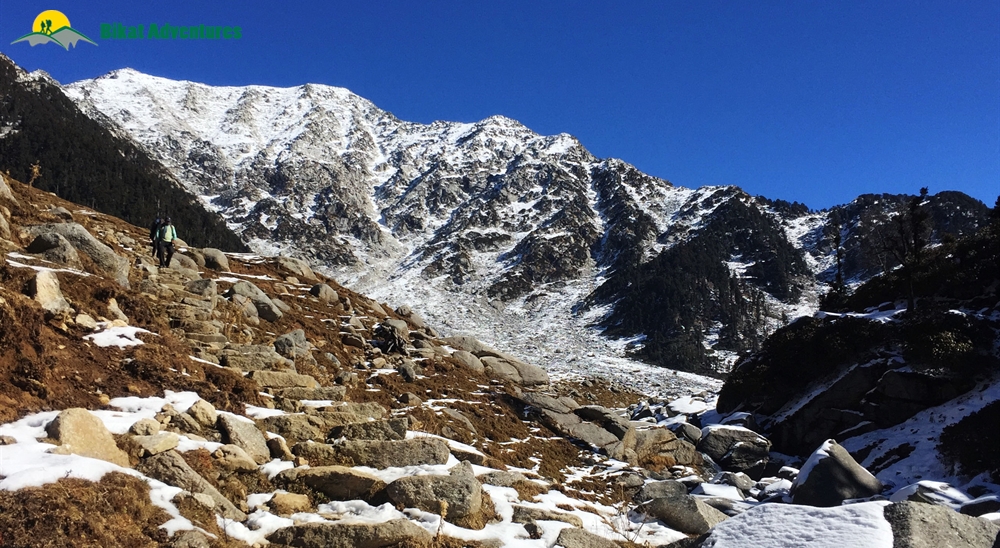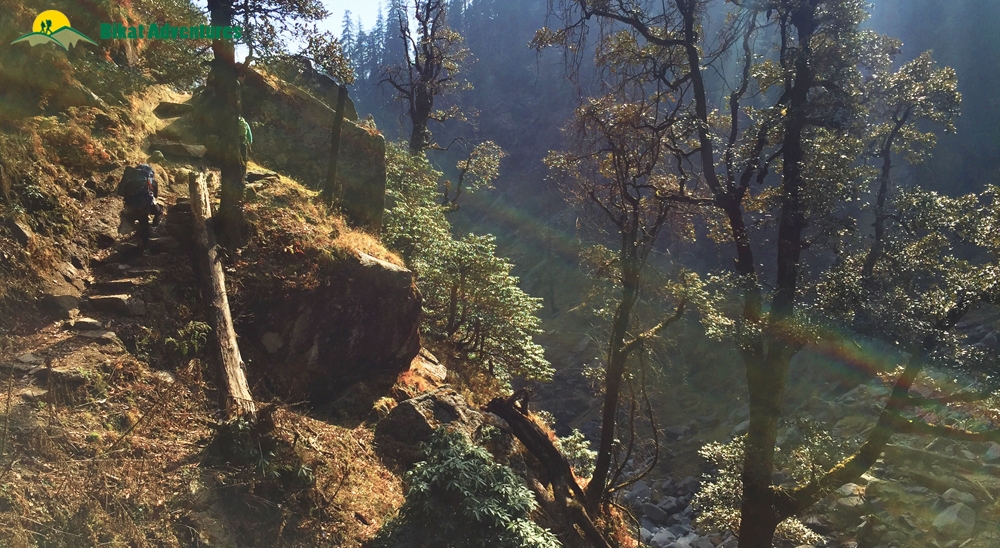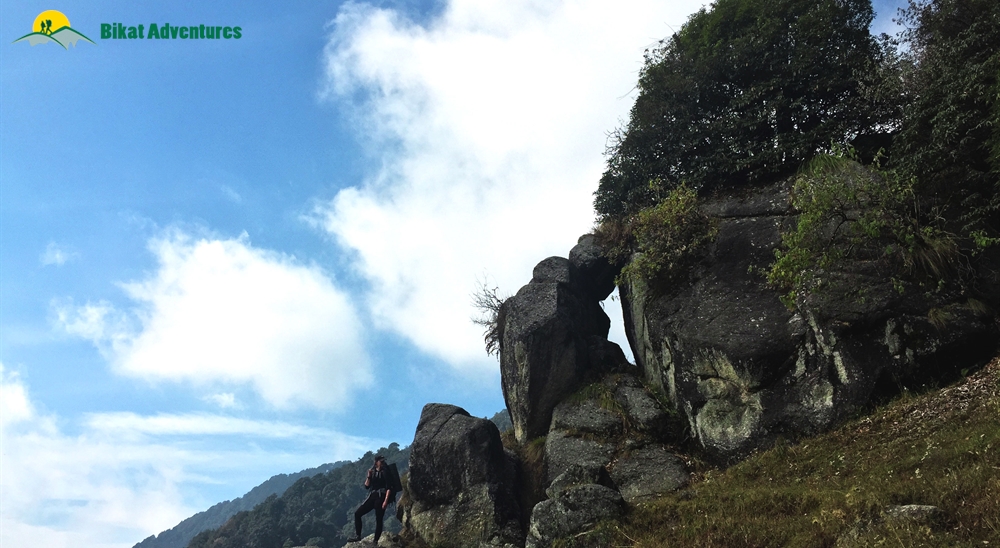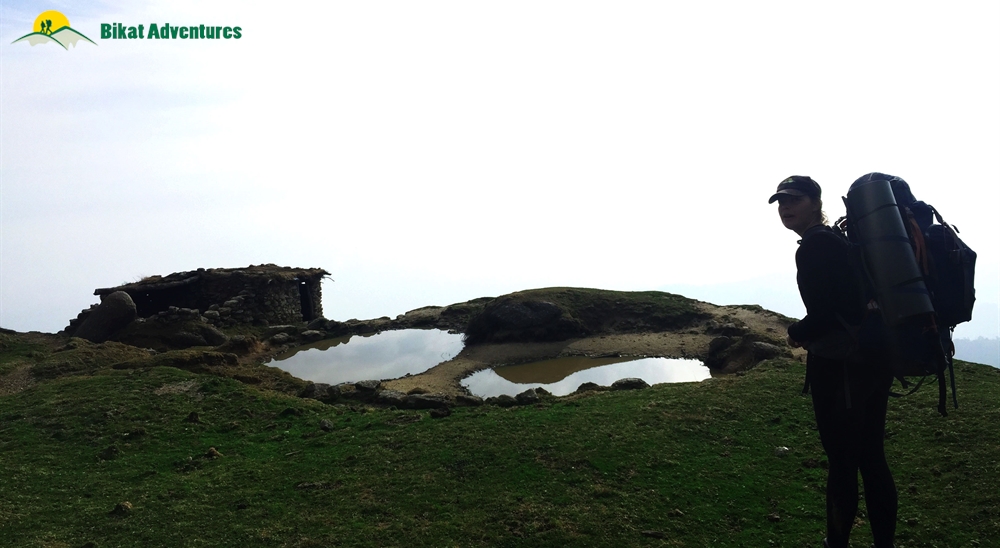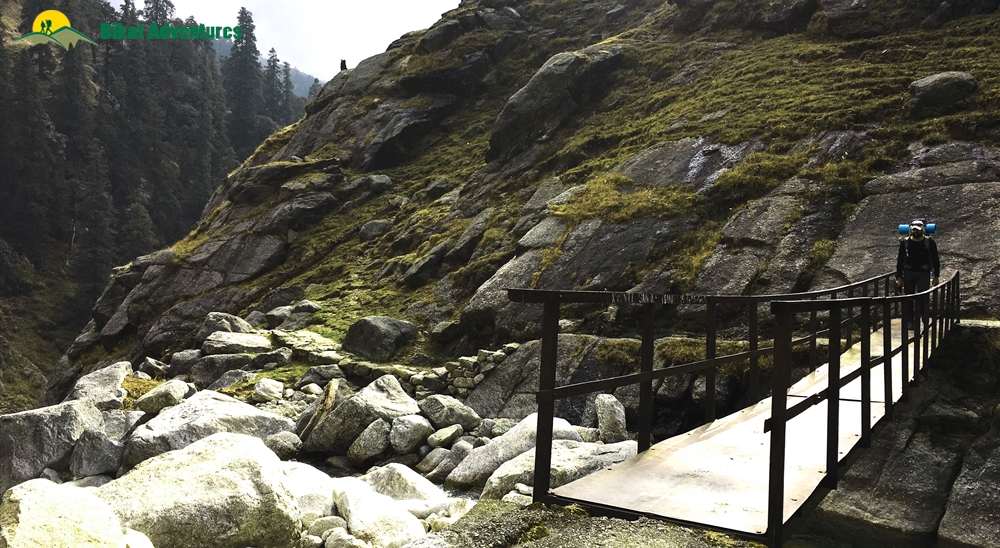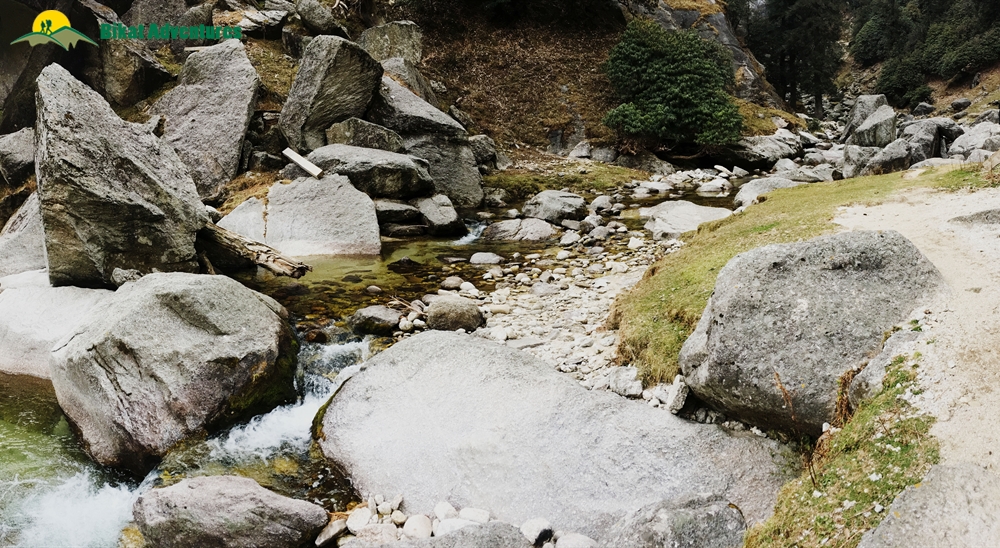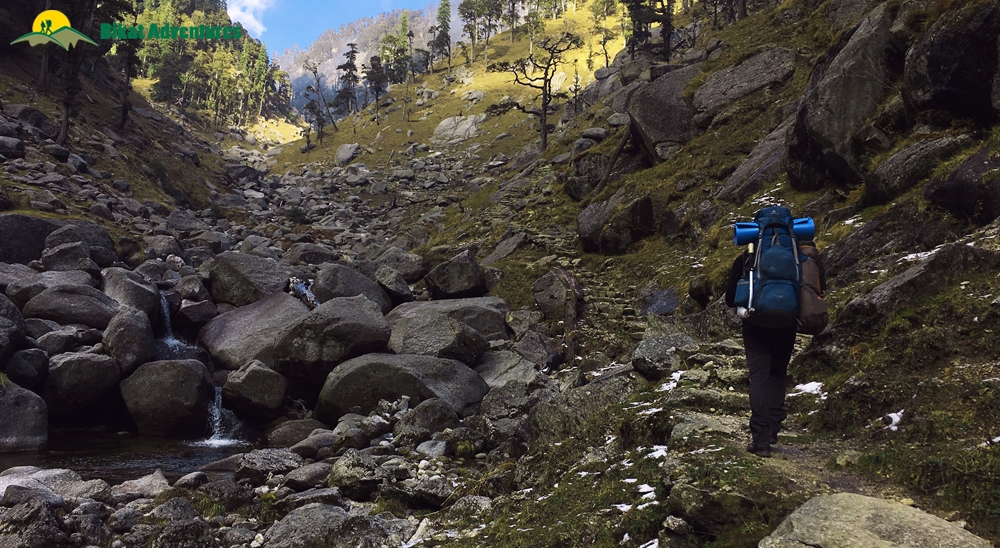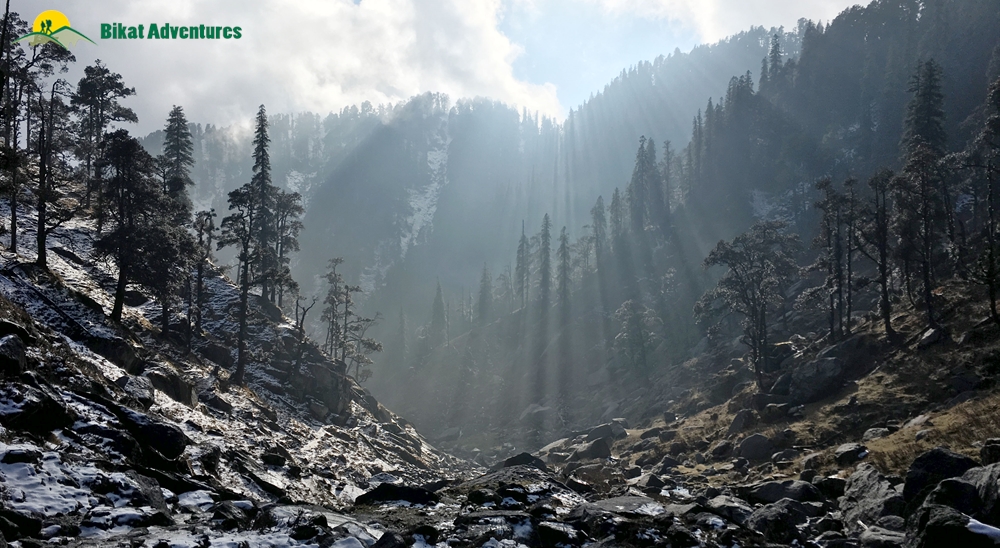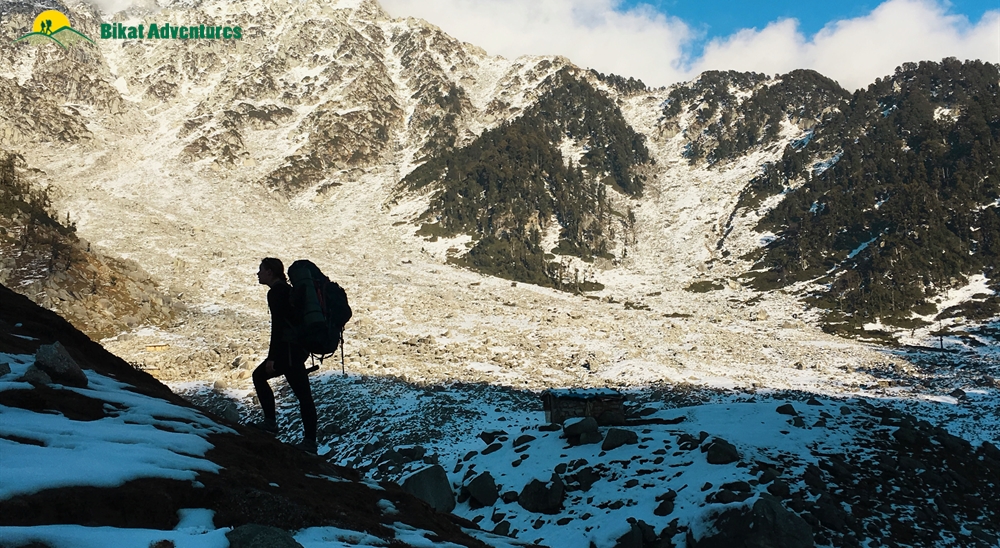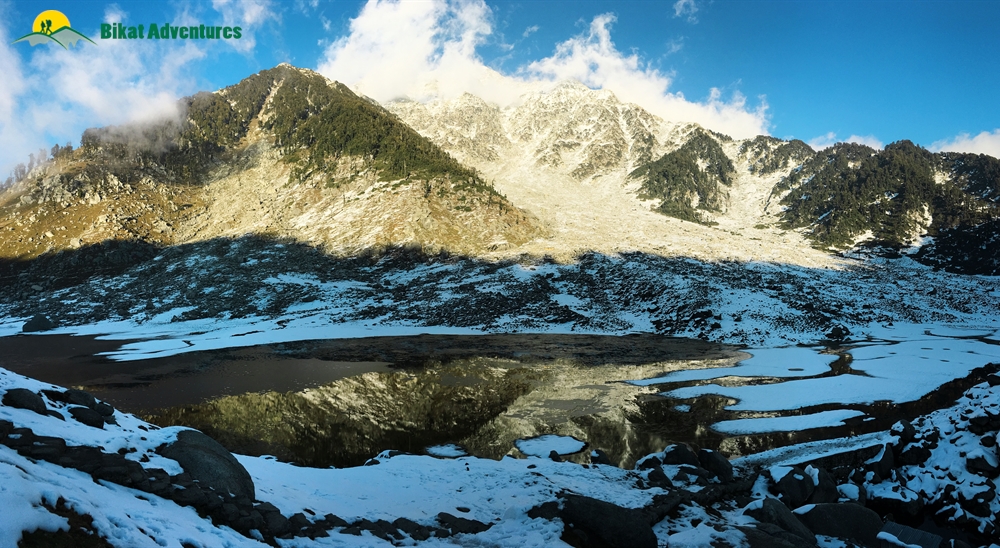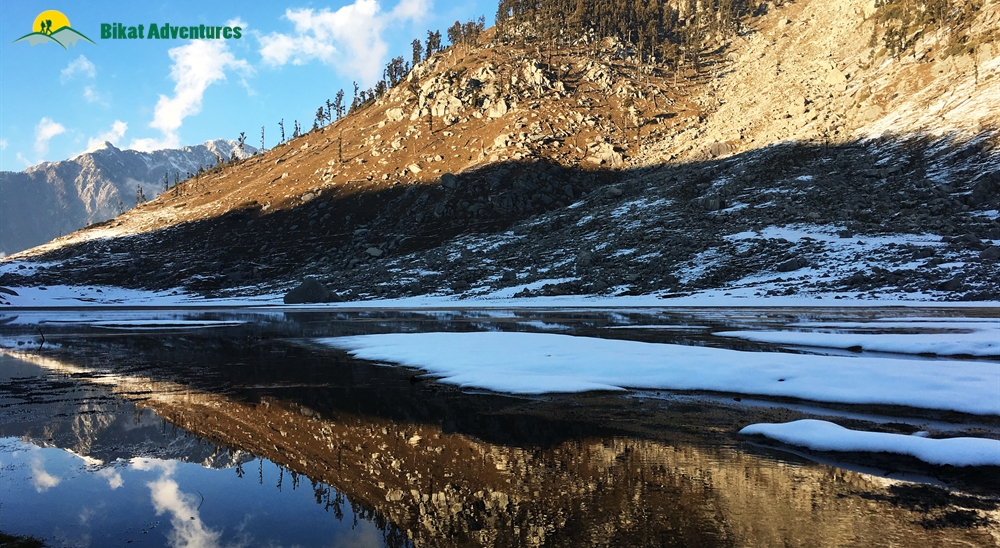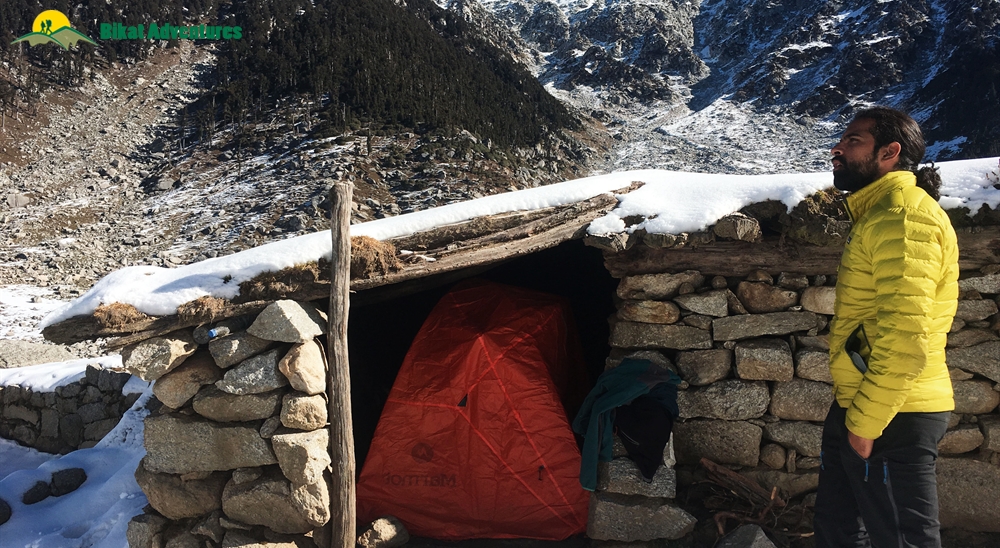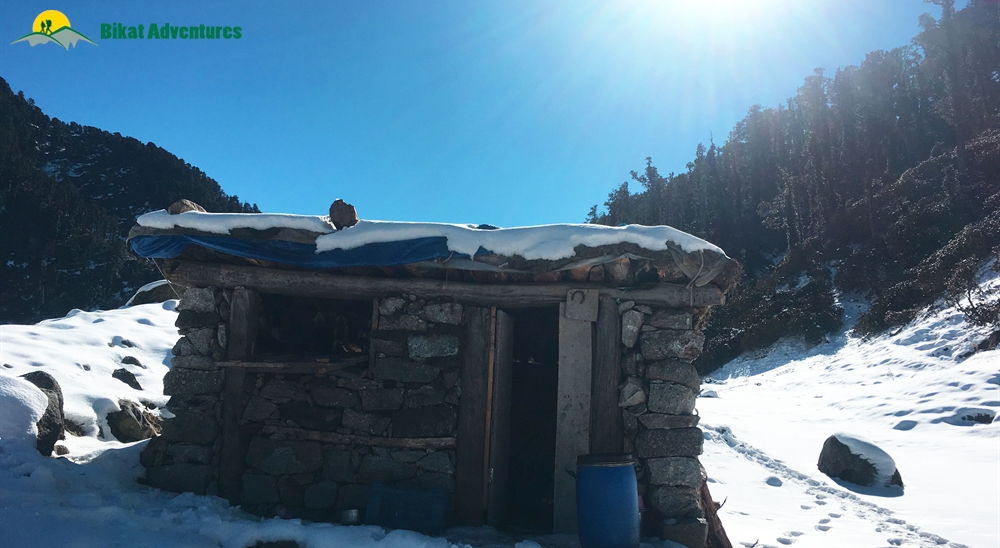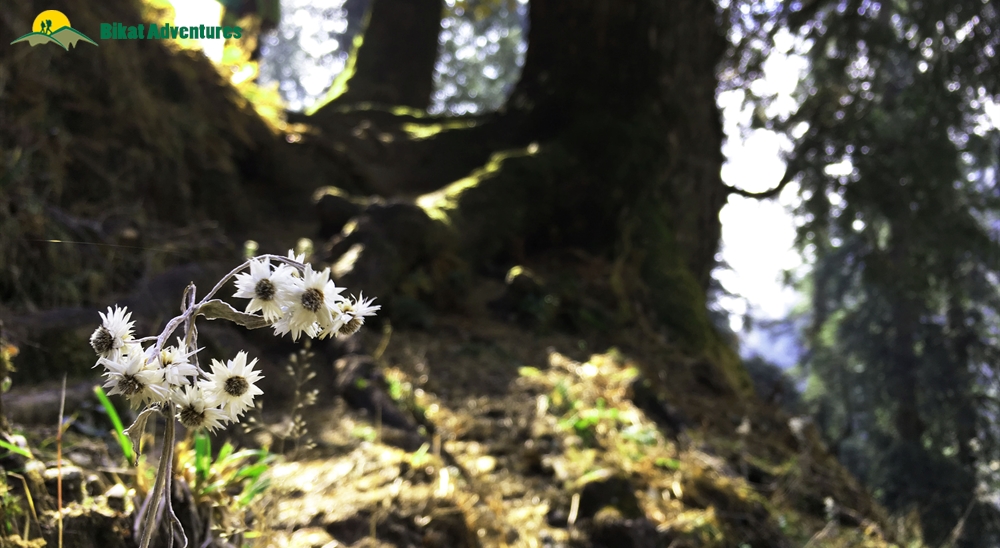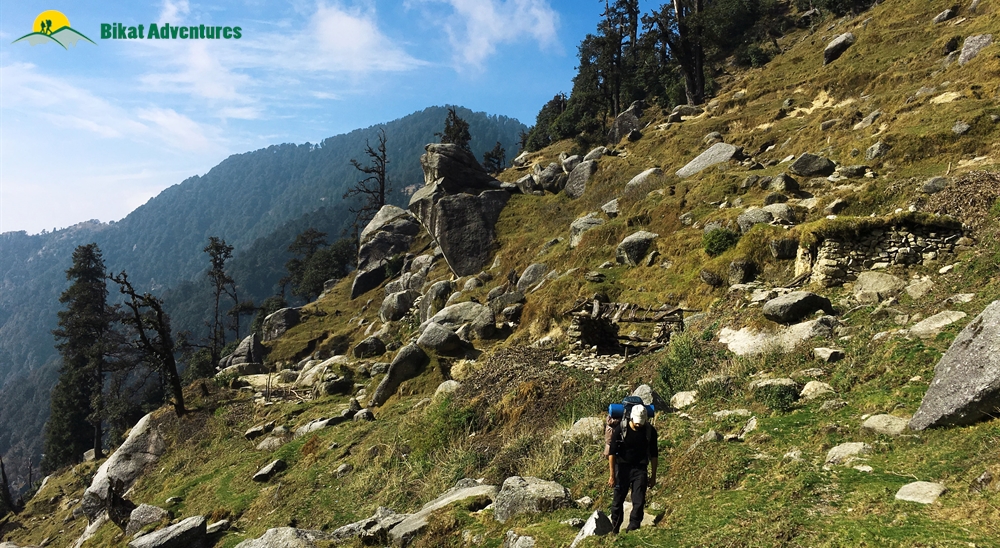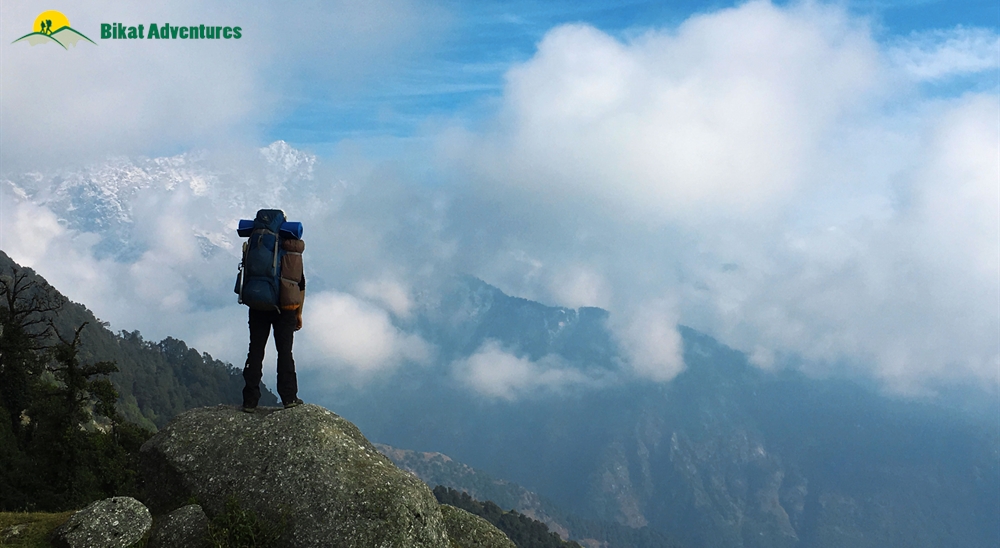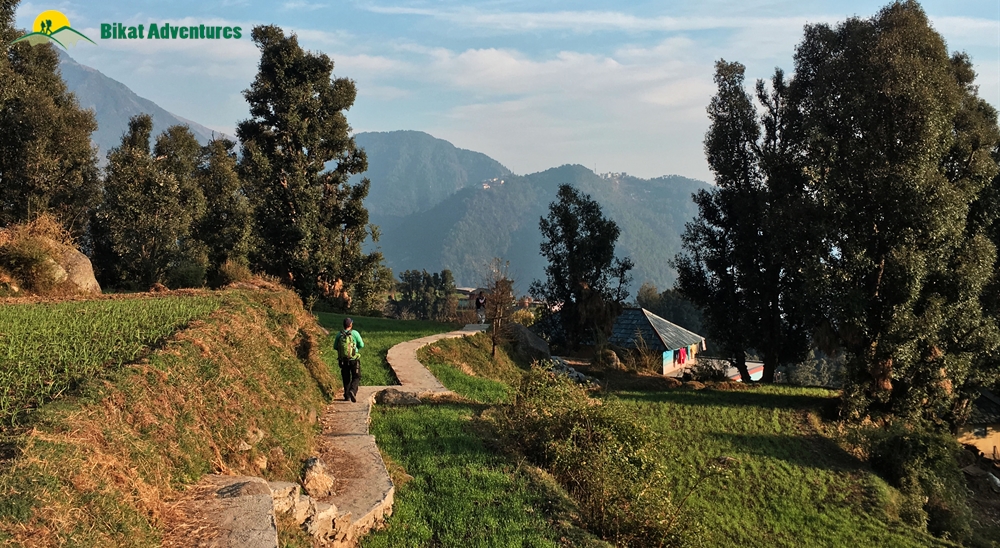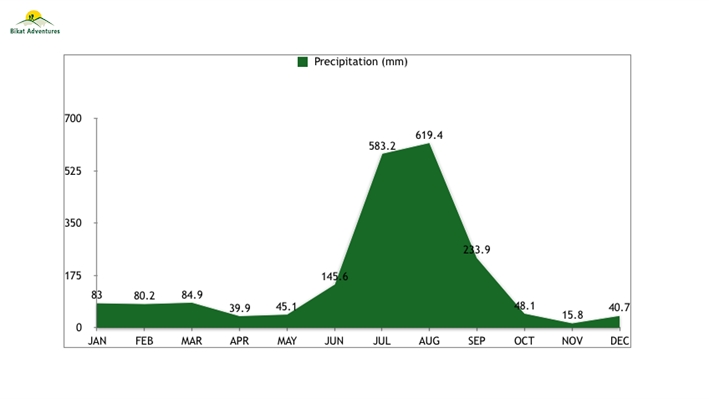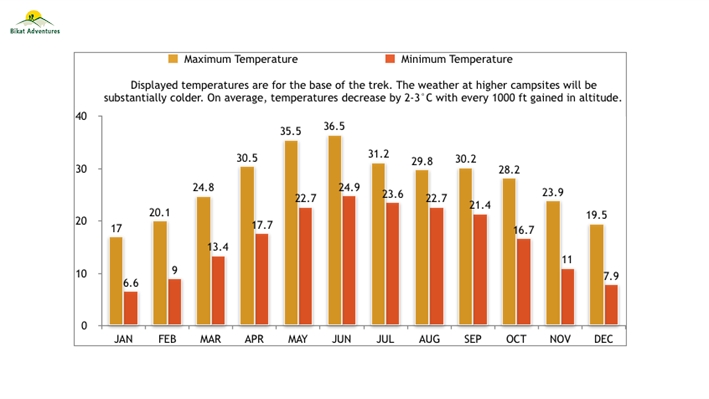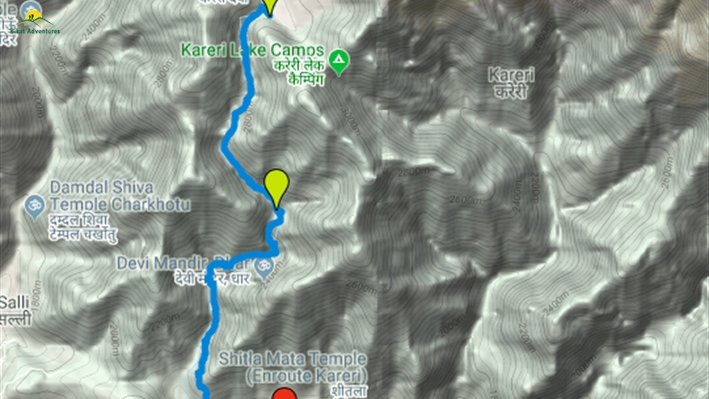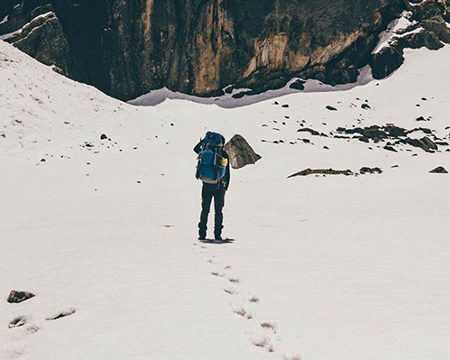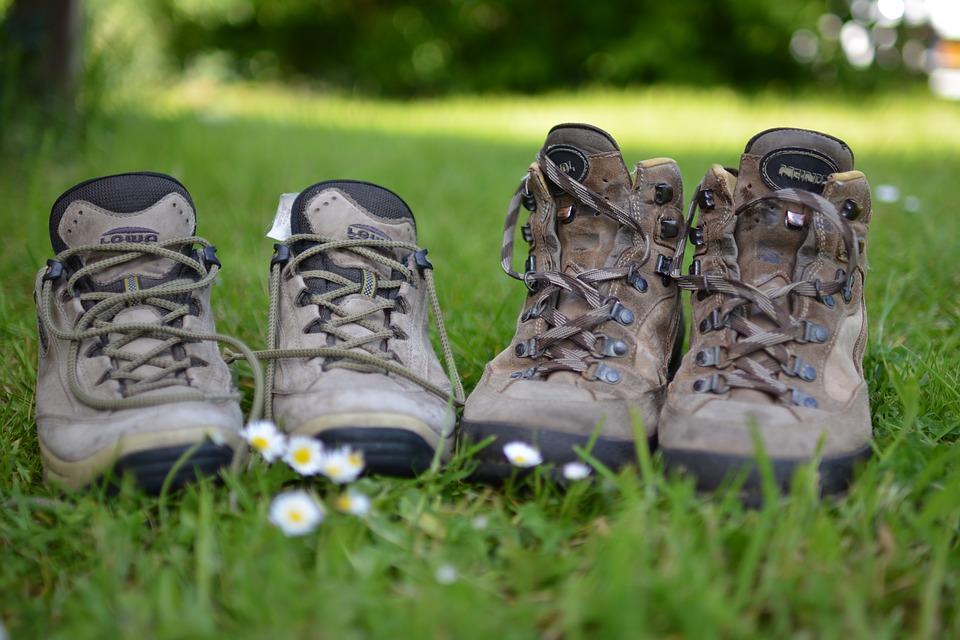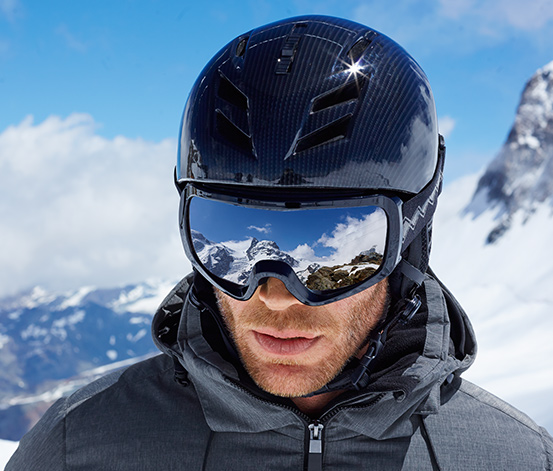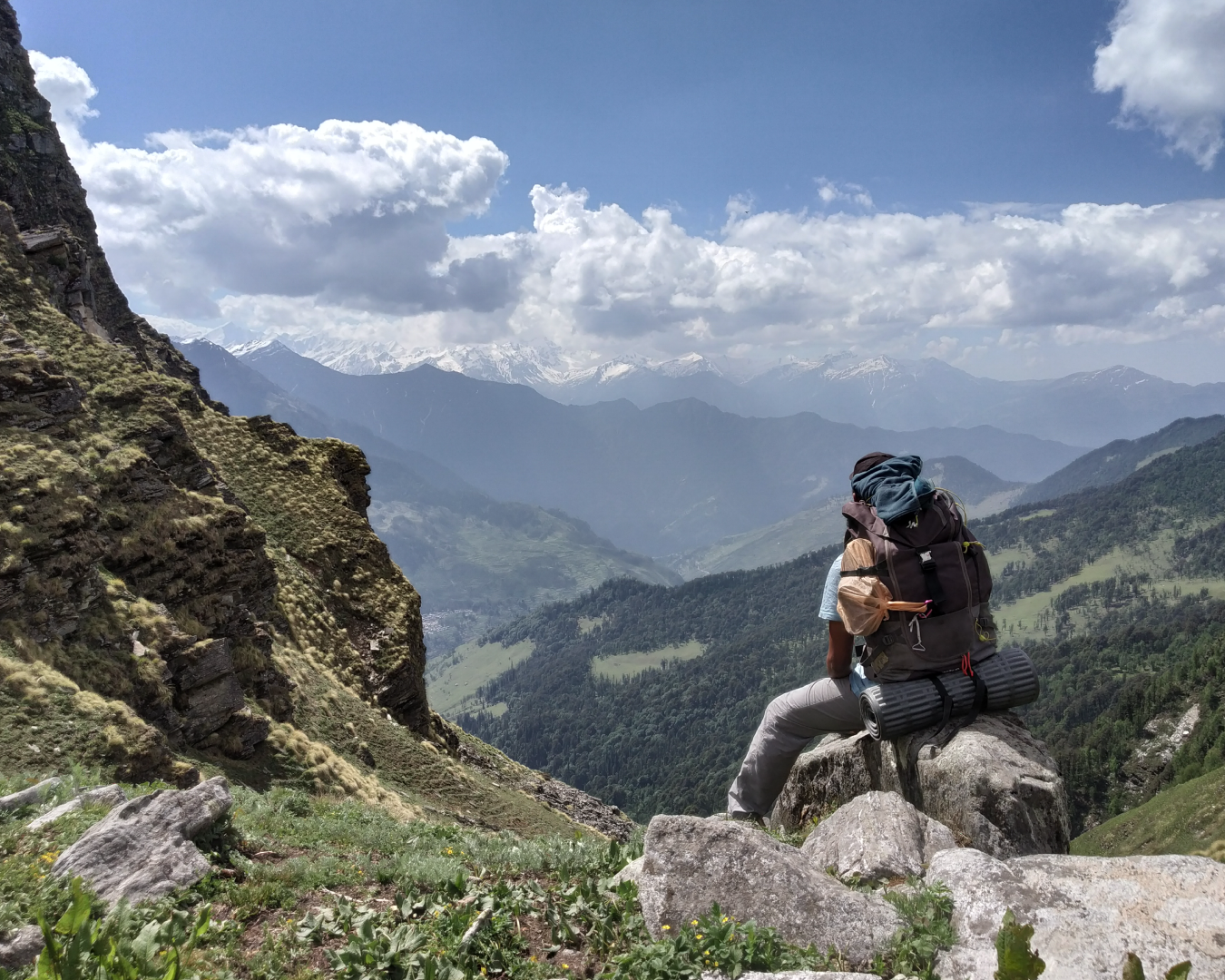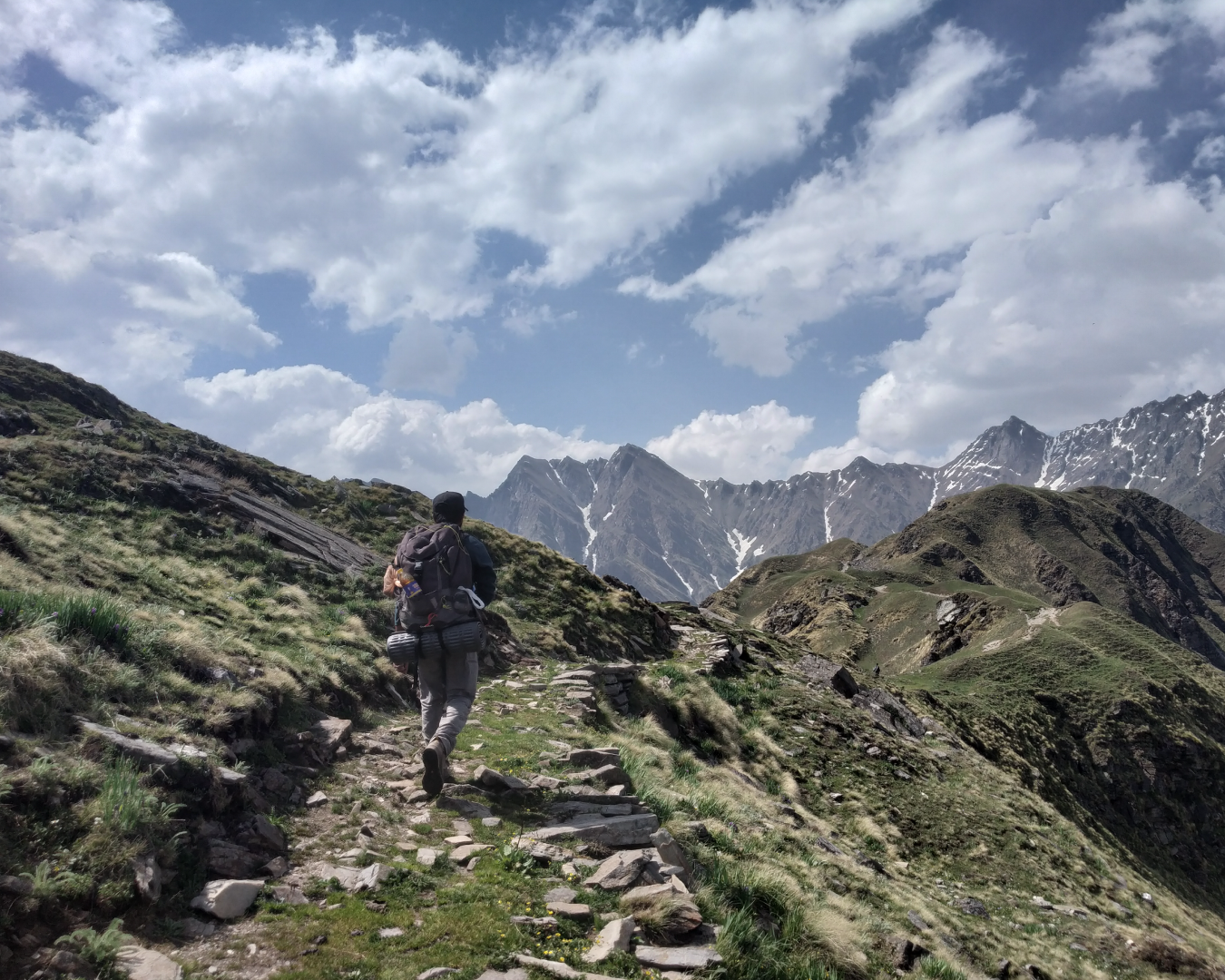Brief Description
Kareri Lake is a high altitude, shallow, fresh water lake south of the Dhauladhar range approximately 9 km North West of Dharamsala in Kangra district, Himachal Pradesh. Its surface is 2934 metres above the sea level. The lake remains frozen from early December to March-April. There is a temple dedicated to Lord Shiva and Shakti on a hilltop overlooking the lake. A few gaddi kothis are present on the other side of the lake, an area which is used by the gaddis as a grazing ground for their animals. Kareri Lake serves as a base for trekking further into the Dhauladhar and onward to Chamba and Bharmour via the Minkiani Pass (4250m) and Baleni Pass (3710m). Although these passes are closed during the winter months, the lake itself is frozen and blanketed by snow - a stark contrast from the crowded trail in the summer months.
Itinerary
Itinerary
Show complete Itinerary
Arrival in Dharamshala. Dharamshala to Reoti via Kareri Village - 30 km Drive, 6 km Trek
Report in Dharamshala early morning. Board your vehicles for the drive to Kareri village. You will pass a few quaint villages on the way to Kareri. From Kareri, begin your hike through dense oak and pine forests. Although the trail is easy and consists of carved stone steps, it is steep and sustained. You may also spot fauna like pheasants and magpies in the forests. You will walk along the Nyund river for a while. Leaving the river, you will climb further to the campsite at Reoti, next to a small stream. Overnight in Reoti.

Day Hike to Kareri Lake. Return to Reoti Campsite - 8 km Trek
Start early morning for the hike to Kareri Lake. In the winter months, this part of the trail is mostly covered with snow. You will climb gradually up the valley, mostly next to the stream on your left. The hike should take around 3 hours. As you get close to the lake, you will see the main spine of the Dhauladhar Himalaya, with Minkiani Pass in the distance. There is a temple, and some dhabas next to the lake, which are mostly abandoned in the winter months. After exploring the lake and the surrounding area, we will retrace our steps back to Reoti.

Reoti to Dharamshala via Kareri Village - 6 km Trek, 30 km Drive
Today, we will retrace our steps back to Kareri village via the same route. Board your vehicles from Kareri Village for the 2 hour journey back to Dharamshala.
Frequently Asked Questions
Pick your question
Eligibility: Experience required
Since it is a beginner’s trek, you need no special prior experience. Although one is required to have mental preparedness and stamina before the begins the trek. Running is recommended.
Eligibility: Fitness benchmark
1. Jog/Run for 3 Kms in 30 mins and
2. Hold your breath for 20 seconds
If you are not meeting these benchmarks, please use the preparation schedule to improve your fitness till you achieve the above benchmarks.
Eligibility: Requisite Skills
1. How to choose a right rucksack: It is essential that you choose a right rucksack for the trek since you are going to carry it all the time while trekking. Make sure you don’t make these common mistakes while buying a rucksack.
2. How to pack a rucksack: Trekking in mountains become more fun when your rucksack is well-organized. It also makes it easier for you to carry without being much load on your shoulders. Follow the guidelines on how to pack a rucksack.
Best Season: What are the best months to visit this trek?
December-February
Packing List: What to pack
Click here for text packing list.
Packing List: How should I pack my rucksack?
Packing List: How should I select my trekking shoe?
Connectivity: How to Reach the base of the trek & how to go back from the end point?
The base for Kareri Lake Trek is Dharamshala. There are several overnight buses from Delhi to Dharamshala and back, or Mcleodganj, which is 10 km away from Dharamshala.
Connectivity: What is the cellular network connectivity for this trek?
There is 4G coverage for all major networks at Kareri Village. You will also get intermittent connectivity on the first day of the trek.
Nearby attraction: What are the nearby attractions that I can explore?
Kareri is close to Mcleodganj, a small town mostly inhabited by Tibetan refugees. You can spend a day or two at Mcleodganj before or after the trek and visit the local bazaar, the Dalai Lama's residence and some day hikes to Triund and Naddi village. From Dharamshala, you can also make a trip to Bir, another small town famous for paragliding.
Age limit: What is the minimum & maximum age limit?
The minimum age limit is 9 years. However, minors aged between 9 to 17 should be accompanied with their parents or guardians. If you are above the age of 60, kindly carry a medical certificate from your doctor that deem you fit for adventure activities like trekking.
Equipment and facilities: What kind of tents and sleeping bags will be provided to us?
We provide 4 seasons tents by Gipfel for higher altitudes which can easily withstand heavy snowfall and storms. They are spacious enough to accomodate 3 people at once with a vestibule to place the backpacks. Our sleeping bags are made up of Heatseeker Pro synthetic insulation that can provide you comfort in -10 degrees celsius. We also use additional fleece liners to have thermal efficiency even in the extreme temperatures of -17 degrees Celsius. If you carry your own sleeping bag, you will get a cashback reward provided that you inform us as soon as you have booked your trek.
Equipment and facilities: Are there any washroom/toilet facilities on the trek?
Toilet tents will be provided to you on the trek.These are portable toilets tents where a deep pit will be dug. A shovel will be provided inside the tent to cover the waste after you have made your business. You can take a toilet roll inside. Make sure you dig used toilet paper along with the waste. Though water is recommended in place of toilet paper. Please refrain from using wet wipes as they are non-biodegradable. There will be no facility for bathing on the trek. Go through our blog section for tips on how to maintain personal hygiene on treks.
Equipment and facilities: If we trek in snow, what equipment will you provide?
You will be provided with good quality gaiters and microspikes from us depending upon the situation of the snow. Our trek leaders will also be carrying ropes and ice axe.
Equipment and facilities: What kind of food will be provided for the trek?
Vegetarian food will be served throughout the trek. The only non-vegetarian item served on our treks are eggs. Our kitchen staff follows a proper menu for breakfast, lunch and dinner which has been designed in order to fulfil the nutritional requirements of the participants. There will be milk, poha, eggs, muesli/corn flakes, bread and butter served for breakfast. Rice or simple roti sabzi will be packed for lunch. In dinner, you will have dal, egg curry or any other vegetarian dish along with rice, roti, and a dessert item. Packed lunch will be provided to you on the days you are trekking. You are requested to carry your own tiffin box and a mug to consume food. The meals consumed on journey and arrival day are not included in our cost.
Equipment and facilities: What equipment can I rent from you?
You can rent following items from us- Trekking Pole, Trekking Shoes, Fleece Jacket, Rucksack
Weather conditions: What will the temperatures be like during this trek?
In winters, during the day, the temperature will range from 10-15 degrees celsius. The nights will get cold dropping the temperature to 0 to -15 degrees celsius. Higher the altitude you gain, the colder it gets.
Weather conditions: When will there be snow on this trek?
You can expect snows from December to March. It is difficult to expect snow during summers or monsoons.
Miscellaneous : Is there an option to offload my backpack?
If you want to offload your rucksack, you will have to make a request for offloading a few days prior the trek through an email so that arrangement can be made in advance. You will be charged per day for offloading your rucksack. In case you decide to offload on the spot, you may have to pay a higher price than usual. However offloading your rucksack is not recommended since it is not a safe practice.
Miscellaneous : Who will lead us on the trek?
A team of participant will be led by a course certified trek leader and a local guide. All participants are requested to abide by what their leader says. There will also be a team of kitchen staff and porters on the trek. We maintain 1:8 ratio of trek leader and participants. All our trek leaders and staff have a certified training in first-aid and rescue operation.
Miscellaneous : Is the trekking pole necessary?
It is not mandatory but it is more convenient with the pole. If you don’t want to buy one, you can rent it from us on minimal daily basis charges. You can request the renting link from us.
Miscellaneous : Are there any local stores/shops from where I can shop trekking necessities?
Dehradun has a sufficiently large market. However, do not leave anything for last minute buying as there will be no time for shopping because of immediate transportation to Sankri. Sankri is a very small village and it would be difficult to find anything major there. Minor toiletries are available.
Miscellaneous : Is it safe for a solo woman traveller to trek in Fixed departures?
Yes, it is absolutely safe for solo woman to travel in fix departures. Women on the trek will be sharing tent with each other. In case you are the only woman on the trek, you will be given a separate tent.
Miscellaneous : Will you give certificates on completion of trek?
Yes, e-certificates will be given at the end of each trek provided that you completed it. It will bear your name, the trek, and the maximum altitude you achieved on the trek.
About the activity: Why should I go for this trek?
Kareri Lake trek in winters
Why Bikat
Why Bikat

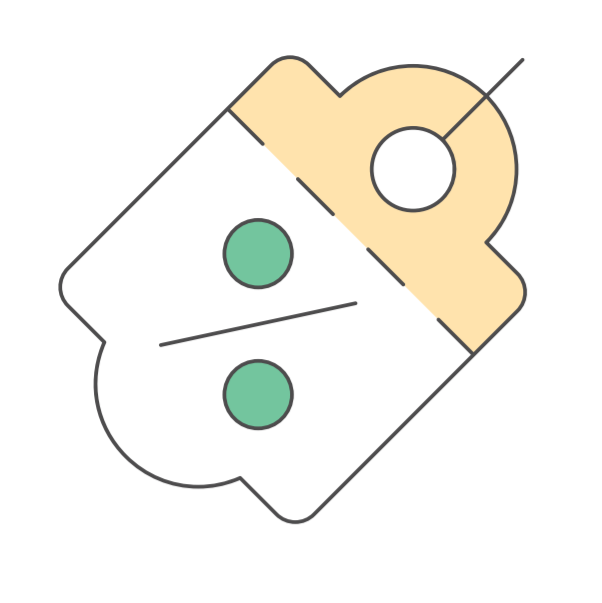


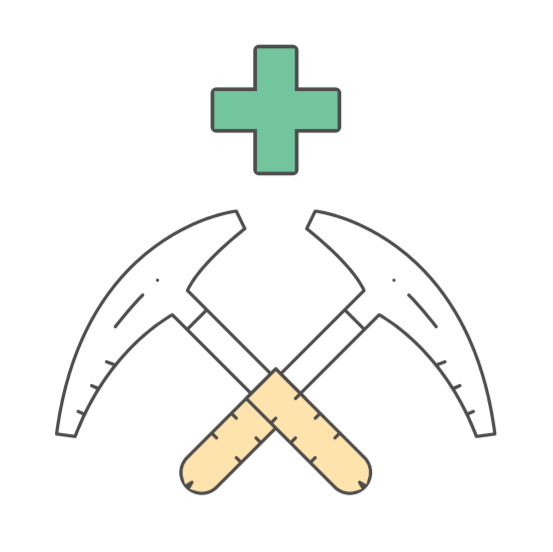

Learning Experience
- We are an Adventure Learning Organisation first.
- We want you to not just complete a trek safely but also pick up some basic trekking knowledge and skills along the way.
- To achieve this we have integrated learning modules into our itineraries.
- These modules will help you build the necessary skills to progress from trekking to mountaineering over time.
Loyality Programs
Our community is an integral part of us and we take pride in our trekkers and climbers. When you complete at least three days on any trek or expedition with us, you become eligible for our membership and referral programs.
- Currently we have three levels:
- Basic Membership
- Summiteer Membership
- Leader Membership
Personalized Attention
- Our group sizes on treks don’t exceed 15 members in order to maintain a healthy Participants : Leader Ratio of 8:1.
- Over time we have found this number to be optimum when it comes to ensuring personalised attention to every member of our group.
- On mountaineering expeditions this number is even smaller. Our group sizes are capped at 12 members ensuring a Participants : HAP Ratio of 2:1.
Best Expedition Leaders
- Our Expedition leaders are advanced mountaineering course qualified, specially trained in rescue procedures from NIM and certified first-aid responders.
- Even our local guides are certified first-aid responders.
Eco-friendly Practices
- Group sizes are capped at 15 people.
- Batch sizes are capped at 250 people per trail per season.
- We follow a rolling campsite model.
- We are constantly exploring and introducing new trails to reduce the burden on existing ones.
Safety
For us, a successful summit is not about reaching the highest point of a mountain but about making it safely back to base.
- To ensure this:
- Every region of ours is mapped with an emergency evacuation plan.
- The equipment we use is UIAA certified.
- Our trek leaders are AMC certified with specialisation in rescue procedures.
- Our support staffs are trained in first aid as well.


Reviews
What's Included
Whats Included
- Meals during the trek
- Forest Permits/Camping Charges
- Tents, Sleeping bags, mats
- Safety Equipment includes static rescue rope, seat harness, carabiners, pulleys
- Trek guide, cook, helpers, porters & mules for carrying common luggage
- Services of a Certified Trek Leader
Whats Not Included?
- Meals during road journeys
- Meals during Hotel/Guest House Stay
- Carriage of Personal Bags during the trek
- Any kind of Insurance
- Any expense of personal nature
- Any expense not specified in the inclusion list.
Cancellation Policy
Cash Refund
Cancellations up to 30 days prior to departure date
5% Deduction
Between 30 days to 15 days prior to departure
50%
deduction
Less than 15 days of departure
No Cash Refund
Voucher Refund
Cancellations up to 5 days prior to departure date
No Deduction
Cancellations less than 5 days prior to departure
No Refund
Please note
- Cash refund is applicable only in case of bookings made without using any promotional offer code or vouchers.
- This is only a brief of cancellation terms. For finer details please refer Detailed Cancellation Policy.
Blog Posts
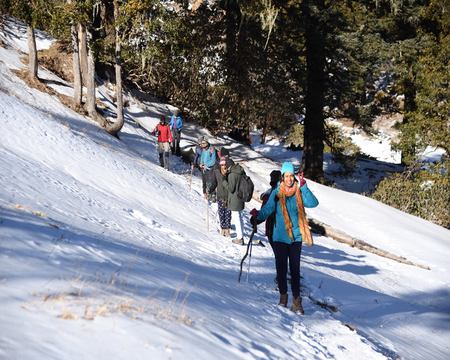
Winter Hiking Tips and Tricks: Points To Remember
Kiritika Jyotshi 05 November 2018
Winter trekking or hiking season starts from November and lasts till the end of March. During these months only the most enthusiastic trekkers, who love to step out of their comfort zones ar
Read MoreExperiential
